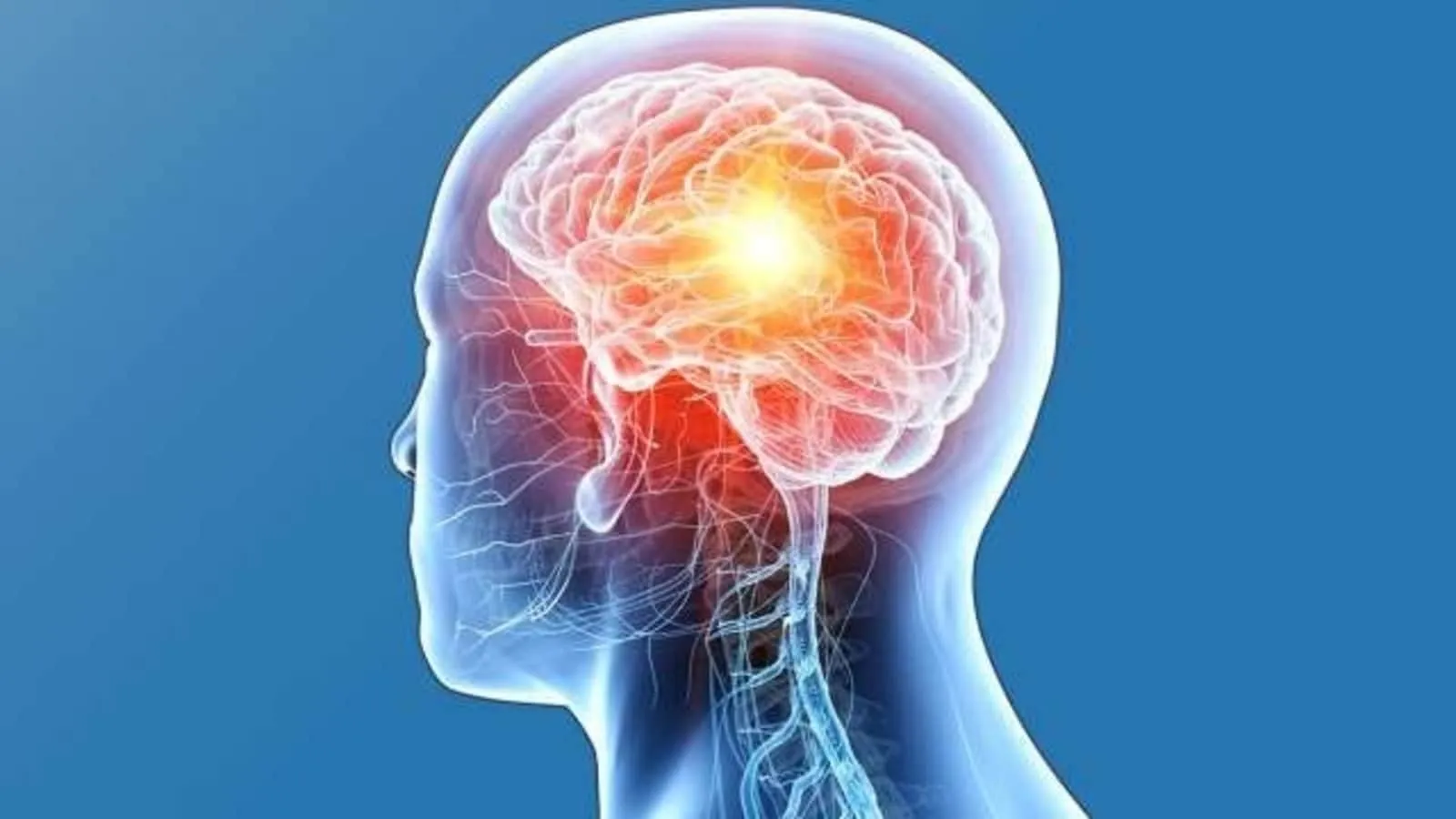Antidepressant as a Potential Treatment for Glioblastoma and Brain Tumours

Antidepressant Research and Glioblastoma
Recent investigations suggest that an antidepressant known as vortioxetine may play a vital role in enhancing treatment for glioblastoma, one of the most aggressive brain tumours. This breakthrough offers hope as it aims to overcome the blood-brain barrier, potentially making cancer treatments more effective.
Potential Benefits of Vortioxetine
- Vortioxetine shows promise in augmenting existing glioblastoma therapies.
- The innovative screening method identifies vortioxetine's effects on cancer cells.
- Pending clinical trials could validate its efficacy and safety in glioblastoma treatment.
This significant finding could reshape treatment protocols for glioblastoma and provide new avenues for patient care. Antidepressants may not only alleviate mood disorders but also contribute meaningfully to cancer treatments.
Implications for Future Research
As the study progresses to clinical trials, the potential synergy between antidepressants and glioblastoma therapies presents a novel frontier in oncology. Understanding how to exploit this relationship may lead to improved therapeutic outcomes for patients battling this challenging disease.
This article was prepared using information from open sources in accordance with the principles of Ethical Policy. The editorial team is not responsible for absolute accuracy, as it relies on data from the sources referenced.